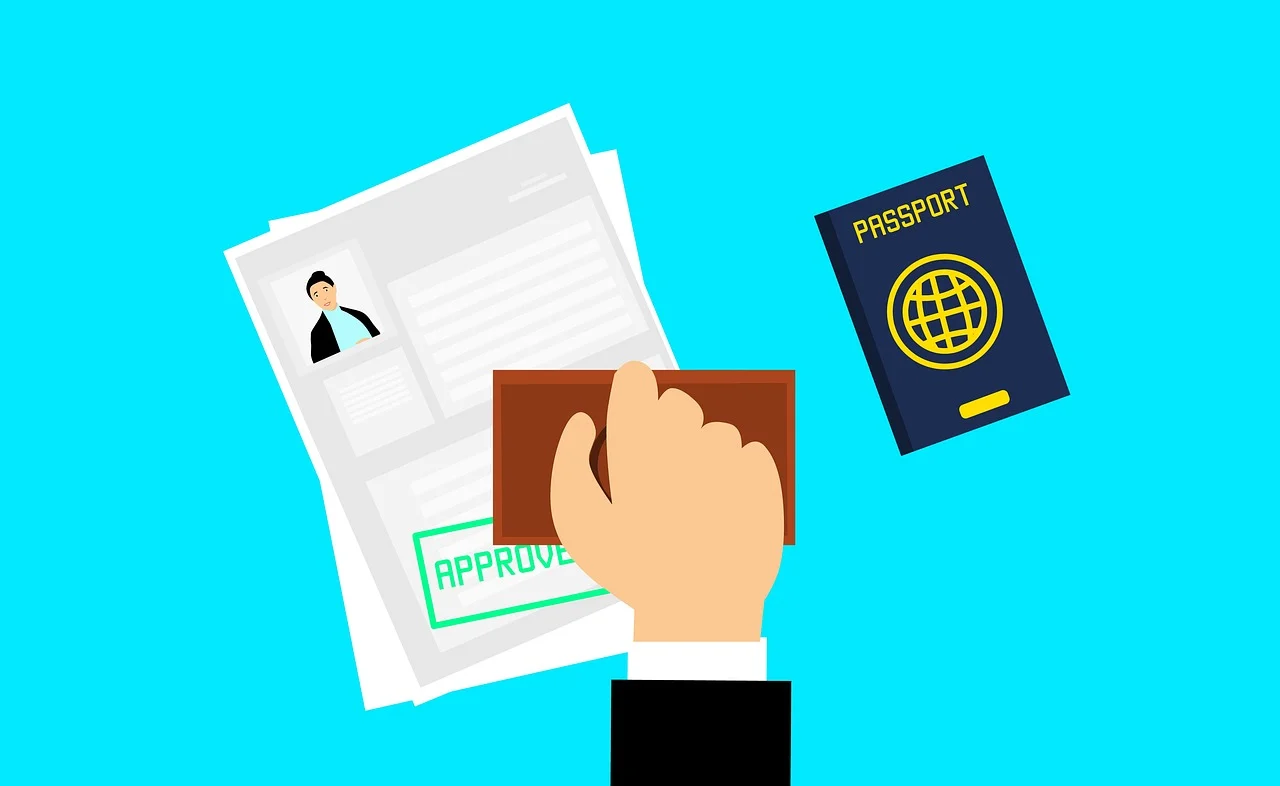I. Introduction:
The purpose of this report is to analyze the legal instruments introduced by Law 28/2022, of December 21, on the promotion of the startup ecosystem (known as the “Startup Law”) for digital nomads.
The regulation introduced the possibility of obtaining a visa or a residence permit for foreign professionals working remotely for companies not based in Spain to reside legally in the country.
This report details its main characteristics, the requirements to be met to obtain it, the application process and the applicable regulatory sources.
II. Main Characteristics
The digital nomad visa in Spain has the following main characteristics:
- Purpose: To facilitate residency in Spain for professionals who work remotely for foreign companies or, in the case of freelancers (self-employed workers), whose main clients are outside Spain.
- Duration:
-
- If requested from abroad, a visa is granted for a period of one year. Once this period is over, the process to obtain the residence authorization in the following section is simple.
-
- If applying from Spain1 , instead of a visa, a residence authorization is granted with an initial duration of three years, renewable for periods of two additional years. Or, if the visa was already in force, the residence authorization can be obtained.
- Coverage: It can be requested by the professional and also for his or her family members who are dependent on him or her or who can jointly prove sufficient income for his or her maintenance.
III. Requirements
To apply for a digital nomad visa in Spain, the following requirements must be met:
- Employment or professional relationship:
- Proof of an employment or professional relationship with a foreign company for at least three months prior to the application and proof that the employment relationship is expected to last for the duration of the visa (1 year) or residence (3 years).
-
- In case of being self-employed, prove that most of your income comes from foreign companies. Only 20% of the income is allowed to come from Spanish companies.
- Sufficient income:
- Have sufficient monthly income to support themselves during their stay in Spain. This income must come mainly from your work or professional activity that you will carry out remotely.
-
- Income must exceed 200% of the SMI2 . This amount would currently be €33,152.00 per year.
-
- You can apply for a visa or residence permit for family members (spouse, minor or dependent descendants, dependent ascendants):
- To include a family member, it is necessary to prove an income equivalent to 75% of the Minimum Interprofessional Wage (SMI). This means that, in case you want to bring the spouse and the income comes exclusively from the applicant, this must have a salary higher than 275% of the SMI, which is equivalent to 45,584.00 €.
- For each additional family member, income of 25% SMI must be accredited, that is, €4,144.00.
- You can apply for a visa or residence permit for family members (spouse, minor or dependent descendants, dependent ascendants):
-
-
- Example: In the case of a family consisting of two spouses and two minor children, it would be necessary to prove income of more than 53,872.00€.
-
- Absence of criminal record:
- Submit a criminal record certificate from the country of residence within the last five years.
- Not to be in an irregular situation in Spain or be prohibited from entering the country.
- Medical insurance:
- To have a private health insurance with coverage in Spain, with no co-payments and no waiting periods.
- Studies or professional career:
- Proof of a university degree or a work history of more than three years must be provided.
IV. Application process
The process of applying for a digital nomad visa varies depending on where you are applying from:
- From abroad:
- Submit the application at the Diplomatic Mission or Consular Office of Spain in the applicant’s country of residence.
- From Spain:
- If the applicant is already legally in Spain, he/she can apply for the residence authorization for digital nomads through the Large Companies and Strategic Collectives Unit (UGE-CE).
- Required documentation:
- Completed application form.
-
- Payment of fees.
-
- Valid passport.
-
- Employment contract.
-
- Certificate from the company authorizing you to telework.
-
- Certificate that the company is more than one year old.
-
- Accreditation of sufficient economic means and that they come from work (payroll, bank statements of the last 3 months, invoices or accounts of collection in self-employed).
-
- Working life.
-
- Certificate of health insurance and coverage.
-
- Certificate of pension contributions in the country of origin. If the certification cannot be obtained, a certificate from the contracting company committing to register the nomad with the Social Security in Spain is accepted. If the nomad is registered with the Social Security in Spain, it is not necessary to provide proof of health insurance.
-
- Certificate of criminal record.
-
- Certificates of kinship with the family members you wish to apply for a visa or permit. Marriage certificates, certificates of registration as a domestic partner, birth certificates.
-
- Documents proving the economic dependency of minor descendants and ascendants dependent on the applicant.
All documents issued by public agencies must be apostilled. If the language of the document is different from Spanish, it must be translated by a sworn translator authorized by the Ministry of Foreign Affairs.
- Resolution:
- The period to resolve the application is usually 20 working days, if it is processed in Spain, or up to three months, if it is processed at a consular office.
V. Conclusion
The digital nomad visa represents an opportunity for professionals who work remotely and wish to reside in Spain without the need for an employment relationship with a Spanish company. In the case of the residence authorization, the procedure is more agile than other permits managed by the Immigration Department, since the Large Companies and Strategic Collectives Unit (UGE-CE), in charge of its processing, has a smaller administrative burden.
In addition, the authorized period of residence counts for the purpose of applying for Spanish nationality, which is an additional advantage for those who wish to settle in the country on a long-term basis.
In addition, the beneficiaries can benefit from the special tax regime for displaced workers (known as the “Beckham Law”), which allows them to be taxed in Spain at a reduced rate of 24% for a maximum of six years, generating very favorable tax conditions.




